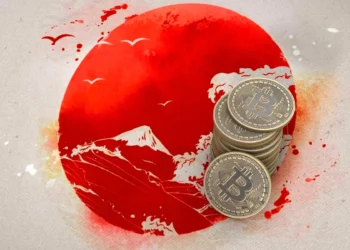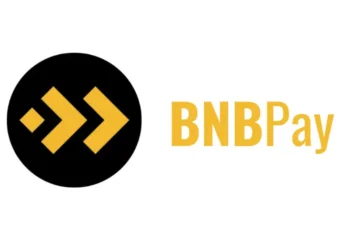Quick Breakdown:
- Belarus is increasingly turning to cryptocurrency as a solution to economic pressures caused by Western sanctions.
- President Alexander Lukashenko has urged banks to utilise digital assets more extensively, revealing that crypto-based external payments may rise from $1.7 billion to $3 billion this year.
- The government also pushes for clearer regulations and enhanced crypto integration in financial systems.
Belarusian President Alexander Lukashenko has called on the country’s banking sector to widen its adoption of cryptocurrencies as a strategic response to tightening Western sanctions that are biting into the national economy. Speaking in a recent meeting with heads of the National Bank and commercial banks, Lukashenko emphasized the escalating role of digital assets in facilitating external payments and bypassing traditional banking constraints hampered by sanctions.

Transactions via Belarusian crypto exchanges could top $3 billion
According to official data, cryptocurrency transactions related to external payments in Belarus reached $1.7 billion in the first seven months of 2025. Lukashenko forecast that these payments could soar to $3 billion by year-end, reflecting a growing reliance on crypto in international trade and payments, especially as Belarus struggles with shrinking exports under EU and U.S. sanctions linked to its position on the Russia-Ukraine conflict.
The president’s directive to broaden crypto use coincides with his administration’s push for clear and transparent regulations governing the country’s cryptocurrency market. In 2024, Belarus enacted legislation restricting individuals from trading crypto outside domestic exchanges to enhance state oversight while promoting regulated digital asset circulation. Lukashenko also advocates leveraging excess electricity by expanding cryptocurrency mining, aiming to diversify revenue streams.
Belarus currently hosts major crypto exchanges such as Binance, OKX, and KuCoin, all tracking strong growth in external cryptocurrency payments. The nation anticipates crypto user penetration to reach almost 10% of its population by 2026, indicating rising acceptance and integration of digital finance solutions in the face of geopolitical pressure.
Despite skepticism from some business sectors about crypto’s volatility and regulatory gaps, Belarusian authorities are advancing pilot projects for crypto payment systems, supported by the National Bank’s efforts to balance innovation with financial stability. Lukashenko urged swift action from financial institutions to adapt to these “unprecedented challenges” and help the country maintain economic resilience through digital tokens.
Meanwhile, El Salvador has significantly increased its national Bitcoin reserves, acquiring an additional 21 BTC to celebrate \”Bitcoin Day,\” marking the fourth anniversary of Bitcoin becoming legal tender in the nation.
If you would like to read more articles like this, visit DeFi Planet and follow us on Twitter, LinkedIn, Facebook, Instagram, and CoinMarketCap Community.
Take control of your crypto portfolio with MARKETS PRO, DeFi Planet’s suite of analytics tools.”





















